Scottish journalist and presenter Kirsty Wark is excited to finally share her new series The Women Who Changed Modern Scotland with the world.
She describes it as a celebration of the monumental achievements of women – many of them unsung – who did so much to alter the lives of women and men in Scotland and beyond in the past five decades.
Whether it was in sport, on the stage and screen or fighting sex discrimination, they bravely trod paths so that others could follow and, in doing so, changed modern Scotland.
Now the series is complete, Kirsty says these women’s stories show that even though they might not have seen themselves as feminists at the time, they were fighting for equality and change nonetheless.
She explains: “When I look now at these episodes I realise what we were doing in this series was showing that the story of women literally doing it was all over Scotland – from Elsie Cook in Stewarton who gave her life to football, to the women who ran the 2003 nursery dispute.
“These were women who might not have said they were feminists – but they were doing it.
“It’s also the impact it had almost without us knowing it. When I was a young girl and I heard about Winnie Ewing being elected as an MP, you didn’t realise it was making a difference to you – but it was. You didn’t know it, but things were changing.
“And guess what – the media wasn’t interested and they were not going to big those stories up.”
The Women Who Changed Modern Scotland
The three-part series commissioned by BBC Scotland and produced by Two Rivers Media follows on from 2021’s The Years That Changed Modern Scotland, which was also presented by Kirsty.
She says there was a spark of realisation while they were working on the last series that Scottish women’s stories needed to be told.
“We realised that a lot of stories weren’t making it and, actually, we thought there’s never been on television a social history of women in Scotland post-War,” she explains.
During the course of the three episodes, Kirsty hears about key women who have played an important role in shaping Scotland over the last 50 years.
It highlights those who challenged the status quo in the 1960s and 1970s, those who defied sexism to seize new opportunities in the 1980s and 1990s, and the women who, in more recent years, have stepped up to lead – in politics, in their communities and in the workplace.
Well-known names feature, including Nicola Sturgeon and actor Elaine C Smith, but there are many lesser-known names and stories that demonstrate the sheer passion and commitment women in Scotland have shown when it comes to fighting for change.
Kirsty continues: “Episode one has got quite gritty content in it and episode two has some dark stories about domestic violence. In the final episode we look at coercive control legislation, period poverty, the Glasgow Girls campaigners and Nicola Sturgeon talks about the toxicity of social media and how debilitating it is.”
One of the stories featured in the first episode is that of girls’ magazine Jackie, which was compiled and published by DC Thomson in Dundee between 1964 and 1993.
Kirsty, now 68, was a reader of Jackie as a teenager and describes the women writers and editors of the magazine as “heroes” for offering their young readers support and validating their experiences.
Kirsty explains: “These women were fifth column and, every so often, they were getting things in almost surreptitiously for young women. What was so exciting about that was a million people a week read Jackie.
“And these women – in terms of DC Thomson – still had quite a lot of power to help young women think about things that they weren’t talking about with their parents.”
Cautious approach
She interviews Sandy Monks, Maggie Dun and Wendy Rigg as they recall the caution they had to exercise when dealing with subjects such as pregnancy because of the publisher’s stance on what was deemed appropriate content.
In the programme, Maggie explains: “DC Thomson liked to think that any of its publications could sit in the house and be seen by any member of the family and wouldn’t give offence.”
Sandy adds: “I once put a letter on the Cathy and Claire problem page that said: ‘I think my friend might be pregnant, what can she do?’ We said to tell her parents and see a doctor. But we couldn’t do a feature on sex or what to do if you thought you were pregnant.”
Maggie adds: “Parents didn’t talk to their daughters about sex at the time, so they wrote in to us because they didn’t have anybody to talk to.”
Sandy says: “It liberated women in the sense that we were telling them about their problems and their life.”
“It was egalitarian and it appealed to everyone… I think that Jackie was where you found out there were other people with the same insecurities as you,” says Wendy.
“It empowered girls at the time. If you look back to what our mothers had, they had nothing at all and they had to be mini versions of their mothers.”
Open University partnership
The series has been produced in partnership with The Open University in Scotland, whose consultants on the series included Dr Kim Barker, senior lecturer in law, and Dr Helen O’Shea, lecturer in history. Dr Valerie Wright of the University of Glasgow was a consultant on the series. Dr Helen O’Shea says that striking the correct balance between celebratory and cautionary was key for this series, as well as validating the stories and experiences of the ordinary women who fought for change.
She explains: “While it was important to get public women to talk about the legislative changes, none of that would have been made possible if it wasn’t for the efforts of these ordinary women doing extraordinary things. It’s a lesson on the collective power of people when they get together – and how necessary it is.
“One of the things that comes out of all three episodes is that no progress has been made since the 1960s onwards without this collective effort – this grassroots work. There haven’t been any random acts of benevolence given voluntarily, these have been hard-won battles in the face of much opposition.
“We were really keen to get the women’s voices involved in that because I hope one of the lessons that viewers can take away from it is that you can’t expect anything to be given – we still have fights and we always need to fight to maintain progress.”
During a preview screening event for the series, Kirsty Wark heard from women about their experiences of online harms. It’s also a topic that comes up when she is interviewing Nicola Sturgeon in episode three.
Kirsty explains: “I come from a pre-social media generation – it’s always in a way been an adjunct to my life. But for lots of other young people it has been part of their universe forever so therefore it is incredibly important to the way they see the world and see themselves in the world. When this toxicity and abuse comes, it’s a real thing and we’ve got to get a grip on it.”
Breakthroughs and backlash
In the episode entitled Breakthroughs and Backlash, Sturgeon, who announced earlier this month she is to step down as first minister of Scotland, expresses her concern that women are being put off entering politics.
She tells Kirsty: “I struggle to stay optimistic on this front and I’m determined I do stay optimistic, or at least don’t give in to a sense of despair.
“I think the environment for women in politics today is much harsher, actually more hostile… than it has been at any time in my political career.
“Social media provides a vehicle for the most awful abuse of women. Misogyny, sexism, threats of sexual violence that women who put their heads above the parapet are subjected to is making it much harder to encourage women that it’s something worth doing – and that worries me deeply.”
Unfortunate blip?
Helen O’Shea says she hopes this particular period will turn out to be an “unfortunate blip” when we look back in the history books.
She explains: “I do hope the pendulum will swing backwards a bit, hopefully bringing in legislation that will help. It’s the hallmark of a civilised society for people with all views to be able to discuss things respectfully and to hold opposing views respectfully.
“It has been a really turbulent few years trying to navigate the online world and now we’re beginning to realise the need for much greater digital literacy.
“Hopefully that is beginning in the younger generation, particularly in teenagers being educated in it.”
All three episodes of The Women Who Changed Modern Scotland are now available on BBC iPlayer.
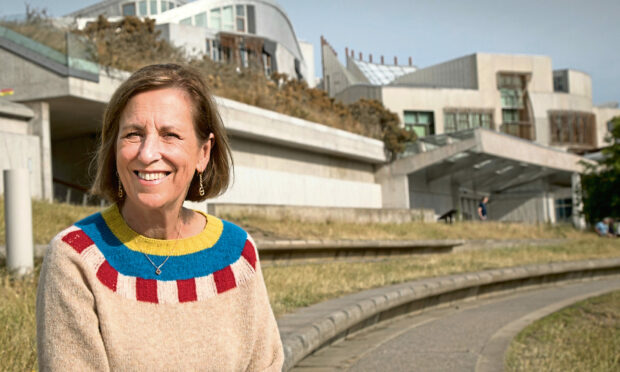



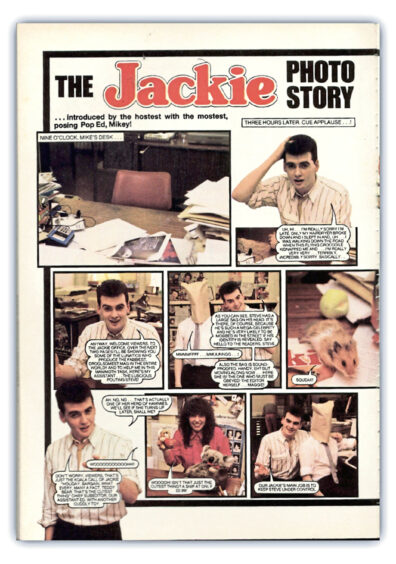

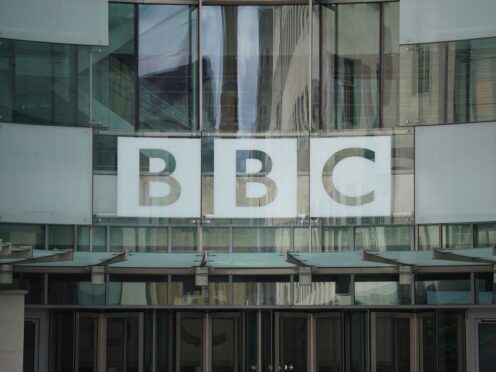
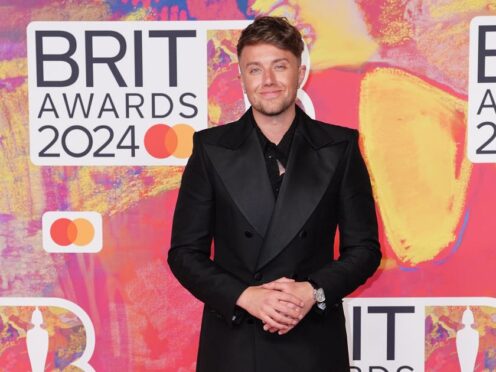
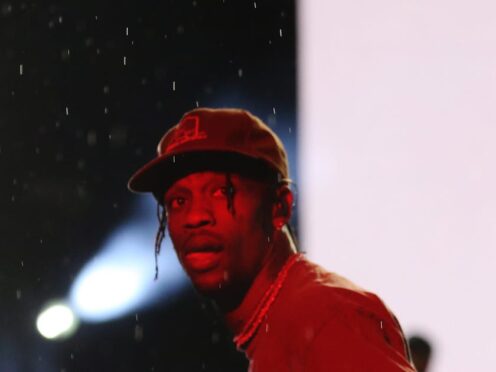
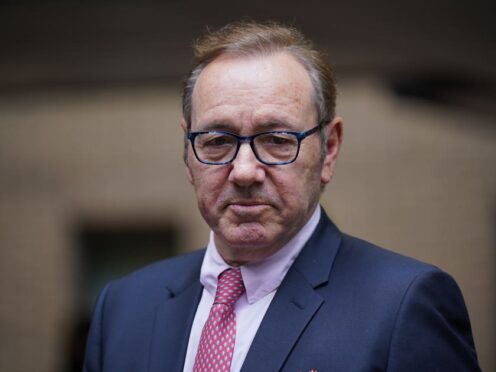
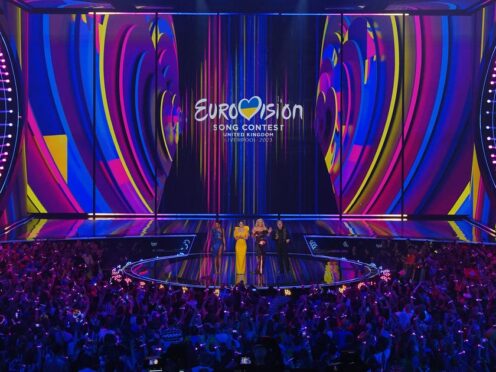
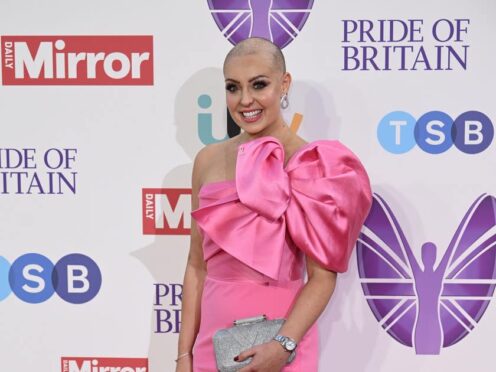

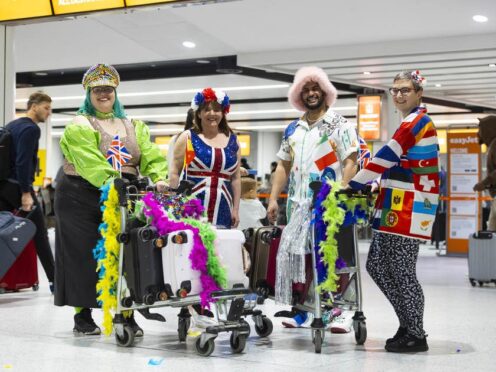

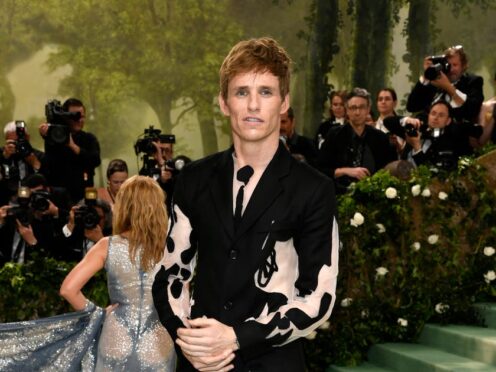
Conversation